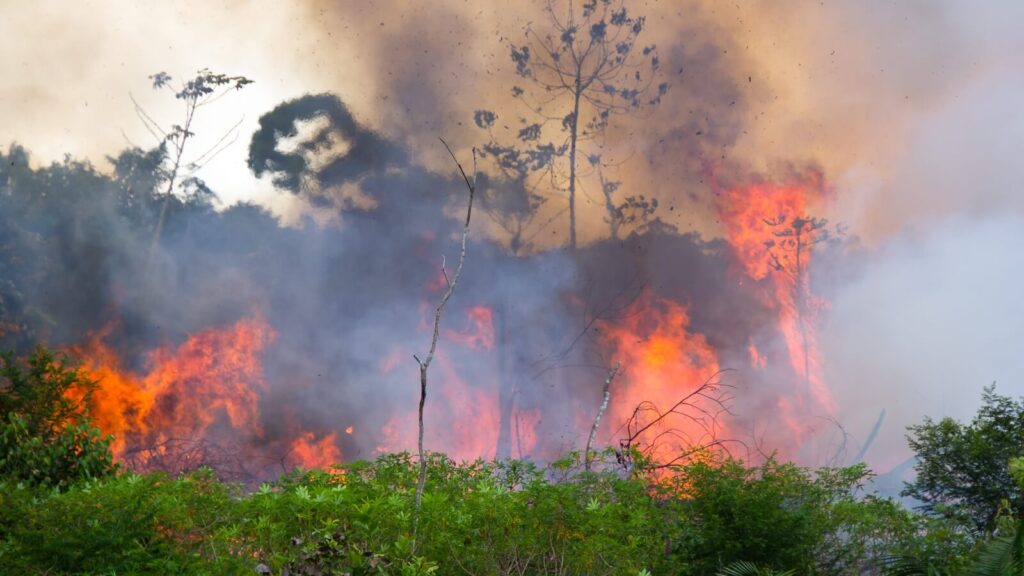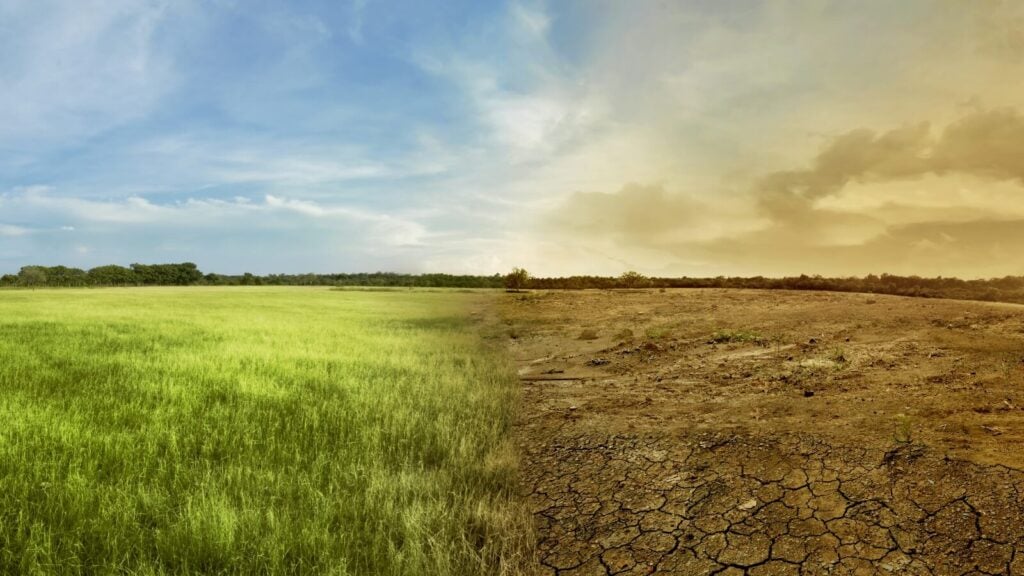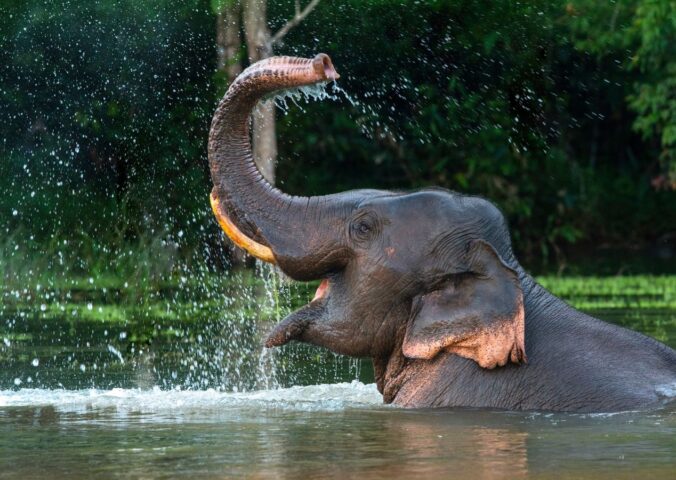As of today, humankind has consumed all of Earth’s natural resources for 2021. This year, Overshoot Day is on July 29 – meaning from now until the end of the year, we are in an ‘ecological deficit’.
What is Overshoot Day?
Overshoot Day marks the date when the global population’s demand for natural resources exceeds what Earth can regenerate in that year. To keep up, we liquidate stocks of ecological resources and accumulate waste – mostly carbon dioxide.
The date is calculated by international non-profit Global Footprint Network (GFN).
In the last year, our ecological footprint has risen by 6.6 percent, GFN says. Humanity now uses 74 percent more resources than what the planet can regenerate annually, or 1.7 Earths.
We hit Overshoot Day almost a month later, on August 22, last year. The pandemic led to a significant decline in carbon emissions as entire countries went into lockdown. Overshoot Day moving to a later date is a rare occurrence; since it started being recorded in 1970, the day has typically, and concerningly, moved forward.
GFN also calculates when the day would land if the world’s population consumed like specific countries.
For instance, Overshoot Day would have occurred on December 18 if we all consumed like Indonesia does. In contrast, if we lived like the population of the US and Canada, it would be as early as March 14. In fact, if the world’s population lived like the US, we would need five Earths to sustain it.
Amazon rainforest

GFN also noted a 0.5 percent decline in global forest biocapacity since 2020, predominantly due to deforestation in the Amazon rainforest.
The Amazon basin lost more than 2 million hectares of primary forest cover in 2020, according to a report by the Monitoring of the Andean Amazon Project (MAAP).
A recent study concluded that for the first time, the Amazon is expelling more carbon dioxide than it absorbs. The rainforest once helped slow down the effects of climate change by soaking up emissions. But now, it exudes a billion tons of carbon dioxide a year.
A great deal of the emissions stem from fires set intentionally to clear land for animal agriculture. Primarily, raising livestock for beef and growing soy.
But a significant amount of the soy is circulated back into the meat industry. According to WWF, nearly 80 percent of the world’s soybean is fed to livestock.
‘Ecological emergency’
Later this year, Glasgow will host the 2021 United Nations Climate Change Conference.
Susan Aitken, the Leader of Glasgow City Council, voiced concern over this year’s Overshoot Day. “With almost half a year remaining, we will already have used up our quota of the Earth’s biological resources for 2021 by July 29th.
“If we need reminding that we’re in the grip of a climate and ecological emergency, Earth Overshoot Day is it.”
She reiterated that we must ‘make the decisions that will deliver our planet on a safer and more sustainable future’.






